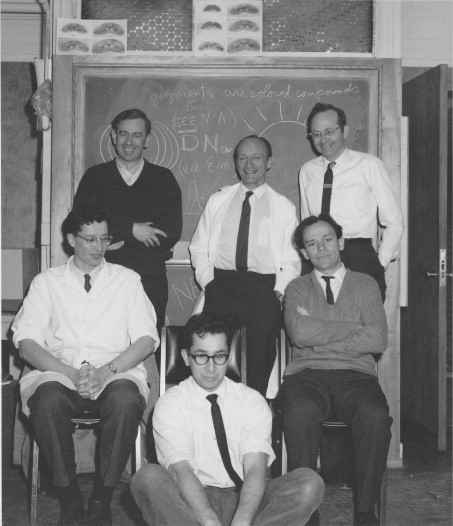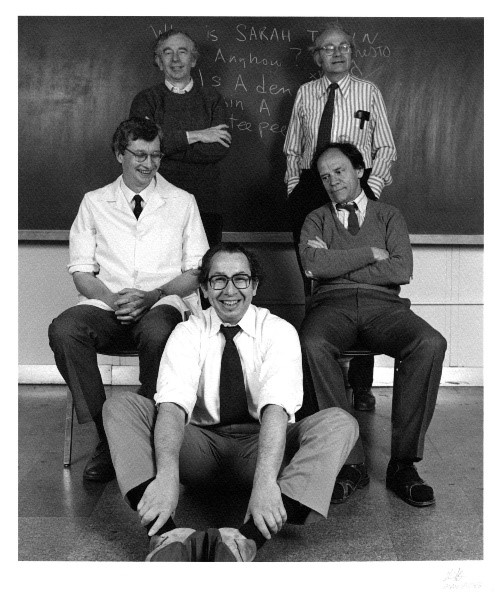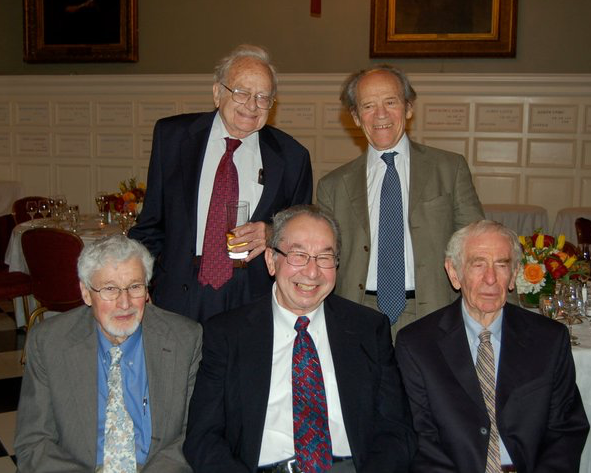Staff at the Center for the History of Medicine are pleased to announce that the David Dickinson Potter papers are now processed and open to research.

David Dickinson Potter (1930-2019) was a neurobiologist at Harvard Medical School. He was a founding faculty member of the school’s Department of Neurobiology, which was the first department of its kind in the world. Potter’s research focused on neurotransmission. He often collaborated with longtime colleague Ed Furshpan. The pair of researchers were the first to identify electrical transmission in the synapses. They identified GABA as a neurotransmitter in the lobster nervous system. And they discovered that multiple neurotransmitters can be released at once. They were also dedicated teachers who carefully developed a lecture course on neurobiology at Harvard Medical School.
Starting in 1968, Potter led efforts to recruit Black students to Harvard Medical School. He traveled to Historically Black Colleges and Universities (HBCUs) to interview Black students for admission to Harvard Medical School, contributing to a substantial increase in Black student enrollment. During his long career at Harvard, he mentored many students from groups that are historically excluded from the field of medicine.

Later on, Potter collaborated on educational initiatives with students and teachers on Native American homelands. This led to the founding of what is now the Ed Furshpan and David Potter Native American High School Program. Today, the program brings Native American students to Harvard for summer programs (though the program was suspended during the Covid-19 pandemic). The program sessions focus on health issues that impact many Indigenous communities in the United States, such as addiction and fetal alcohol syndrome.
The Potter papers consist of records from Potter’s research, teaching, recruiting, and mentoring. Also included are committee records, personal correspondence, and reprints on neurobiology and other topics. In addition to records from Potter’s work at Harvard, there are teaching and committee records from his work at the Marine Biological Laboratory in Woods Hole, Massachusetts and at Morehouse School of Medicine, Atlanta, Georgia, and Morehouse and Spelman Colleges, also in Atlanta.
The full Potter finding aid is now available. While currently closed to the public, the Center anticipates reopening to the non-Harvard research community in early 2022. For more information, consult the Center’s website or contact Public Services.
Photos courtesy of the Harvard Medical School Department of Neurobiology.
